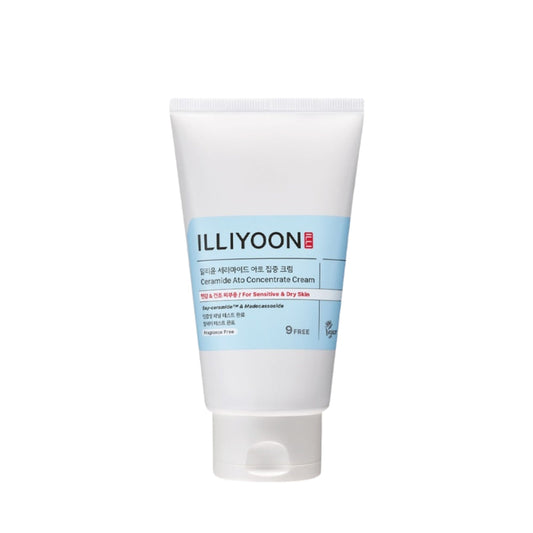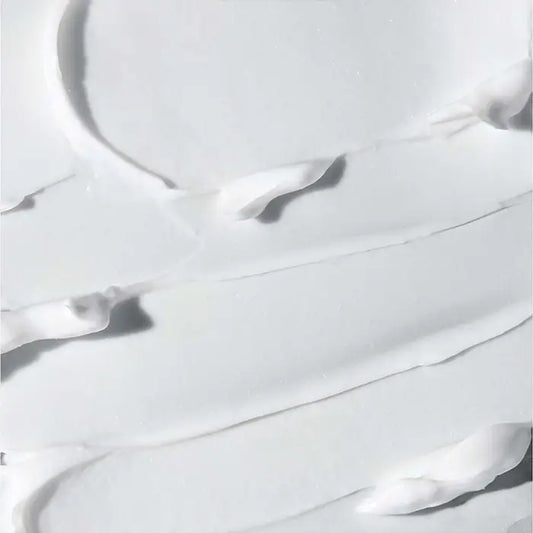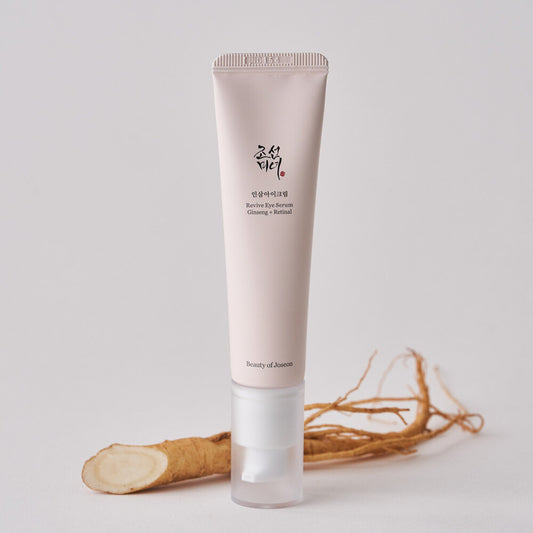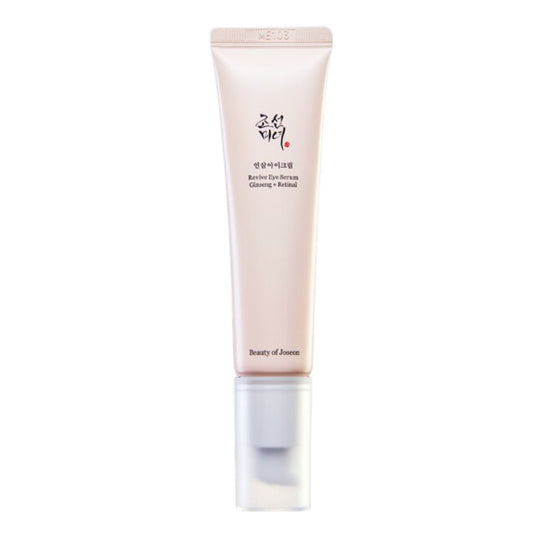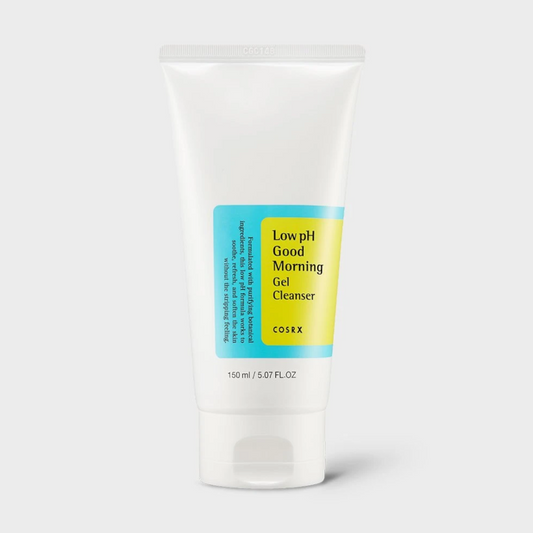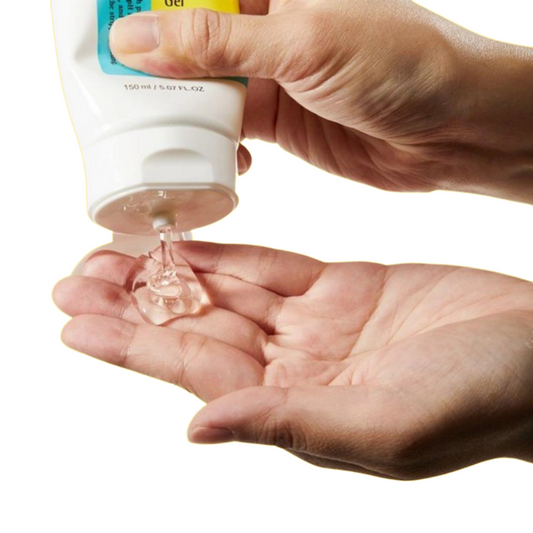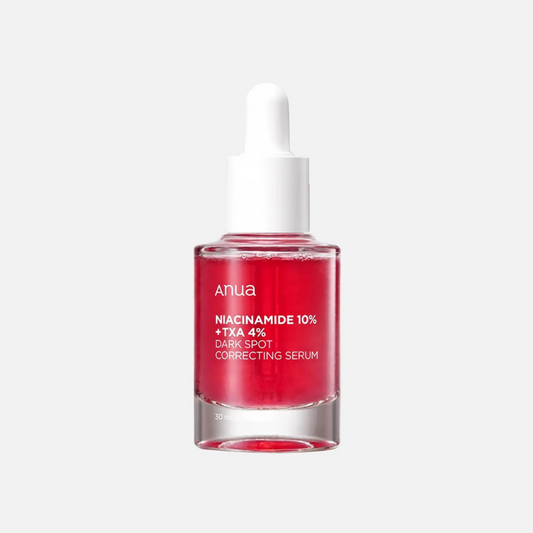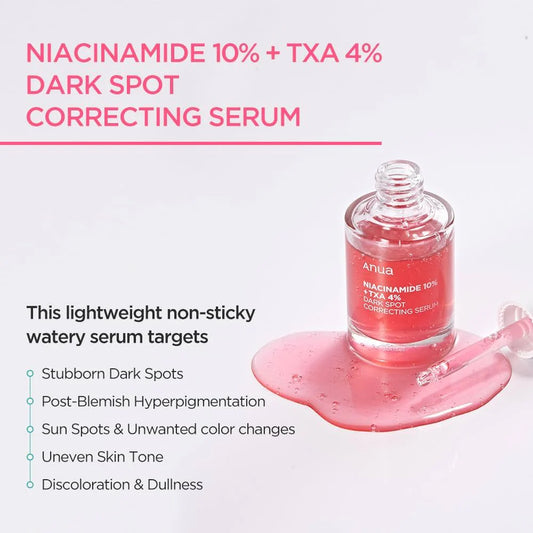
How to Deal With Chapped Lips
Share
With the weather getting colder, some of us may unfortunately experience chapped lips. It’s one of the worst side effects of dry weather, and chapped lips may burn, sting, crack, or even bleed.
But humidity isn’t the only potential cause of chapped lips (medically referred to as cheilitis); there are a number of internal and external factors that can lead to the uncomfortable feeling of chapping.
To better prepare yourself for winter weather, we discuss why chapped lips happen, how you can heal them, and how you can prevent them.
What are the symptoms of chapped lips?
Most people have experienced chapped lips before. The sensation is uncomfortable: sore, burning, stinging, and tingling, and sometimes, chapped lips can be painful when they crack and bleed in more severe cases.
Visually, chapped lips may peel or flake, and they may look a little swollen. When they crack, it can lead to scabbing as well.
Why are my lips chapped?
One of the most common reasons for chapped lips - aside from dry weather and dry air indoors - is not drinking enough water. Dehydration can lead to dry skin, muscle cramps, headaches, and chapped lips. Some individuals may lack oil glands in their lips, and failing to moisturize them to remedy the situation will lead to chapped lips.
Lipsticks or lip balms may also irritate lips, as well as drying products such as menthol or salicylic acid. Excessive sun exposure and a lack of sun safety can also dry out lips, too.
Certain habits - like touching, playing with, licking, chewing, or pulling your lips - can make your lips more sensitive to chapping. Smoking can irritate the skin around the lips, which may lead them to drying out and cracking.
While for some taking these medications is unavoidable, such medications as diuretics, antihistamines, salicylic acid, and chemotherapies can cause dehydration.
How can I remedy chapped lips?
First and foremost, it’s important to hydrate. Staying hydrated will ensure that your body works in tip-top shape, from more elastic skin to plump, soft lips. This is your first line of defense if you suffer from chapped lips.
Moisturizing them properly with non-irritating lip balms can help make the discomfort much more bearable. A soothing lip balm should not further tingle or burn your lips; this is actually a sign that you may be sensitive to the product you’re using.
Some products featuring ingredients to use on chapped lips, as recommended by dermatologists, include: ceramides, petrolatum, shea butter, white petroleum jelly, and mineral oil. If you generally have sensitive skin, be sure to steer clear of products that contain fragrances.
Natural remedies like aloe vera, honey, and coconut oil have been proven to help soothe, with some of them containing antimicrobial and anti-inflammatory properties.
Lip balms or lip moisturizers should be used multiple times a day and before bed. If you plan on spending the day in the sun, choose a non-irritating lip balm with SPF 30 (or higher). Just like sunscreen, remember to reapply lip balm with SPF to prevent sun damage your lips.
If the air in your home is generally dry, using a humidifier at home can also help with chapped lips. Cold weather in general should be avoided if it’s possible; otherwise, wrapping your mouth with a scarf can shield your lips from the cold air.
Lips that are peeling or flaking due to dryness can make one feel self-conscious. In addition to applying lip balm consistently, exfoliating can help shed that layer of dry skin that’s likely preventing the skin on your lips from healing. There are a number of drugstore options for lip scrubs that contain sugar or baking soda that can help you get rid of the dry skin.
How to prevent
Staying hydrated, using good quality and non-irritating lip balm regularly, practicing sun safety, and avoiding cold air can all help with preventing chapped lips. Exfoliating your lips regularly will ensure that you’re sloughing off dead skin cells.
Certain habits that lead to chapped lips (excessive licking, picking, pulling, and smoking) should be avoided as much as possible. Getting rid of these habits will help you prevent getting chapped lips.
As for medications that cause dehydration, and in turn, cause chapped lips, there may be another option, depending on the medication. Speak with your doctor to help assess if there are alternatives to these medications as a way to avoid and prevent chapped lips.
Chapped lips are very common, and while it’s uncomfortable and even embarrassing for some people, it’s important to understand that it is a highly treatable and preventable issue. With some minor changes and adopting new habits, your lips will be soft and supple in no time.

